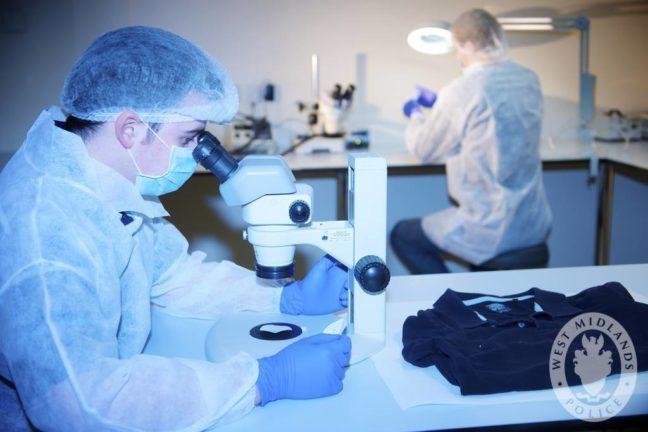New research conducted at the University of Wisconsin revealed gut bacteria uses the nutrients in our food before our bodies do.
If our micro-biome in our gut overindulges, we might be losing access to the nutrients may need, according to the study.
When hungry bacteria take more than their fair share of choline, an essential nutrient in the process of gene expression, it can leave mothers and babies without the nutrients necessary for proper metabolism and development.
UW bacteriology professor Federico Rey spearheaded the research exploring how micro-biomes compete with their hosts for choline and how this can impact epigenetic regulation; specifically how this affects fetal growth during pregnancy, collaborating with researchers from UW’s Department of Bacteriology, Harvard University and the Cleveland Clinic.
Epigenetic regulation is a mechanism by which our body controls gene expression in response to the environment, UW graduate student Kym Romano explained. Those modifications are “what makes our liver a liver” and “our heart a heart.”
Choline acts as a donor that contributes to the pool of resources that our cells use to make these modifications to DNA, Romano said. With less choline available, the cell’s ability to modify and regulate gene expression can be impaired.
“This deficiency can have important implications for the timing of development, particularly in pregnancy, where a finely-tuned set of steps needs to be precisely orchestrated at the right time to ensure correct development of the fetus,” Garret Suen, an associate professor of bacteriology at UW, said.
The nutritional demand for choline increases during pregnancy to support epigenetic regulation and cellular health in the developing fetus, Suen said.
Currently, the majority of pregnant women are not consuming as much choline as recommended, according to Romano.
“Recent studies have shown that choline supplementation above the current recommended levels can drastically improve cognition in children, compared to mothers who adhered to current recommendations,” Romano said.
Though Rey’s group believes that epigenetic regulation partly explains the negative effects of choline-hungry microbes, the byproduct of bacterial choline metabolism, called TMAO, is also linked to metabolic and developmental disruptions.
“The fact that specific microbes can convert choline into TMAO, which is known to be associated with numerous problems in humans, should also provide a strong warning sign when thinking about the impact of choline,” Suen said.
The toxic effects of TMAO accumulation may complicate dietary remedies that are used to compensate for choline deficiency, Romano said. More choline in the diet might lead to an increase in TMAO, instead of fixing the nutritional shortage.
Harvard University and the Cleveland Clinic are currently researching how to prevent these microbes from outcompeting us for access to choline, while Rey’s lab will research the mechanisms behind epigenetic regulation that resulted in the observed phenotypes.
Additionally, Rey’s lab plans to examine similar research with more complex communities, compared to the rather simple community used as the subject in their most recent study.
“We often think of the gut microbiota as having a beneficial role for humans when they provide vitamins and aide in digestion, or a negative role, like when they cause disease… the idea that our gut microbes might be competing with us for the nutrients we need is intriguing,” Suen said. “I am very excited about Rey’s work and the implications of his findings.”







